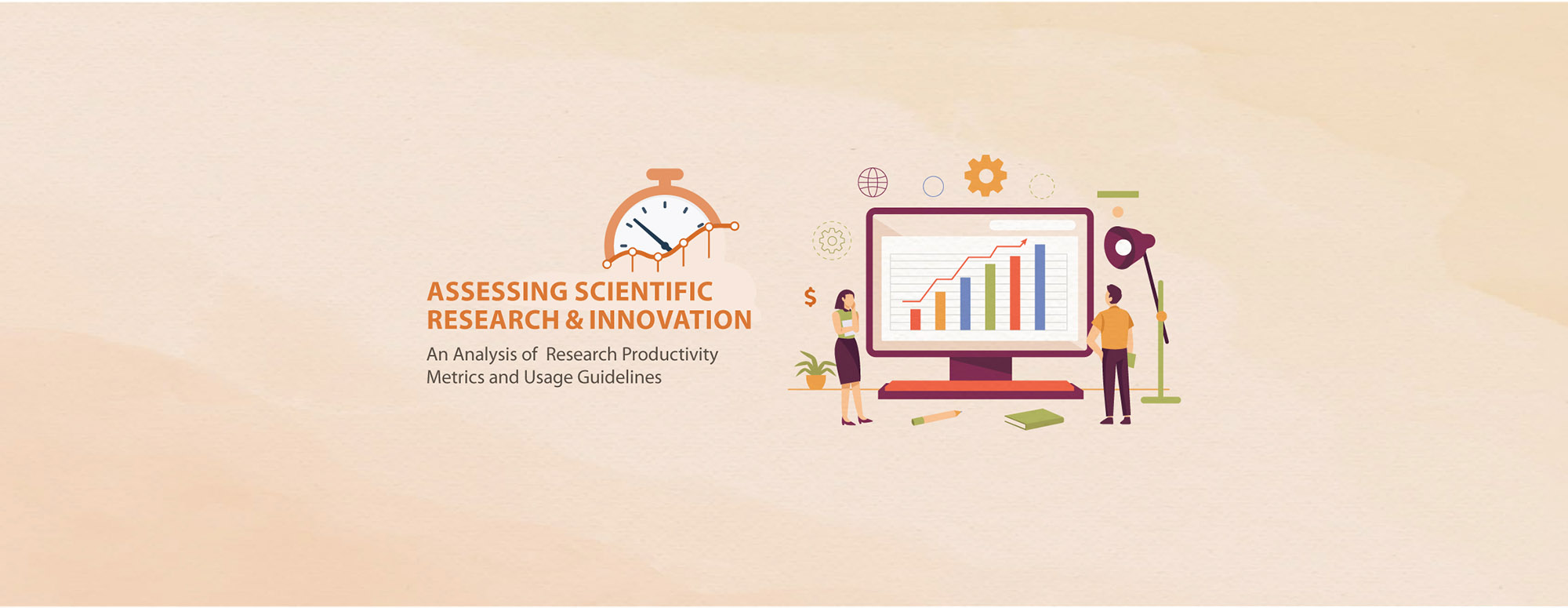Research productivity refers to the efficacy of research processes with respect to the quantity and quality of its contributions. In the process of building our three-part series on ‘assessing scientific research and innovation’, we learned that research productivity assessments are a tool used for many processes in the STI (Science, Technology, and Innovation) ecosystem. These processes include research funding allocation, and evaluating the efficacy of scientific R&I (Research & Innovation) in academic institutions. This report reviews contemporary approaches to assessments of scientific research productivity, and highlights where interventions can be made to make them more holistic and accurate.
Scientific research productivity is a concern that affects diverse stakeholders such as government agencies, industrial bodies, and academic groups. As a result, existing scholarship in this area is vast, but fairly disparate. We aim to build a resource that brings together concepts used in its assessment and examines their application. In the first chapter, we outline the usage and limitations of four prominent research productivity assessment tools— bibliometrics, open access metrics, peer review metrics, and economic productivity-oriented metrics. The second chapter examines international frameworks that set out guidelines for assessment exercises, and concludes with a comment on their efficacy. Our final chapter analyses two key areas where future interventions can be made: (a) problems of standardisation and yielding comparative research productivity data, and (b) the need to make research productivity metrics more relevant to the economic and social contexts of developing countries.
We conclude by offering insights on how gaps in these two areas can be addressed. Our focus here is on how greater standardisation can be achieved without compromising on the imminent need to build more context-sensitive assessment tools. Our inferences include:
- The creation of more international guidelines on standardisation would help produce more comparative research productivity data.
- Establishing normative standards around how to use different metrics would help make their usage more accountable as well as accessible.
- There is also an imminent need to create frameworks specific to developing countries, detailing research productivity measures that further shared goals based on economic development.
- Measures such as journal impact rankings and citation impact should be made more accommodating of researchers who lack resource privilege.
- Resource constraints that prevent developing countries from accessing particular forms of research productivity success need to be acknowledged and addressed.



